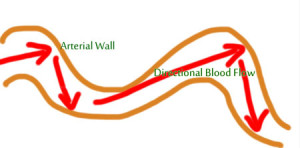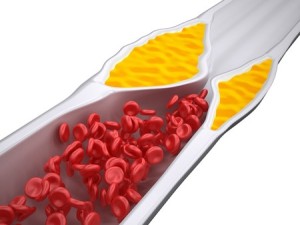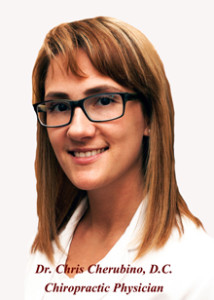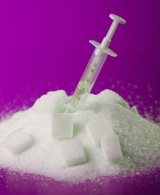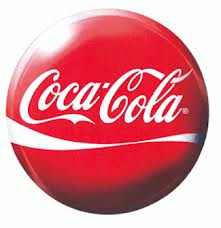~ from Dr. Ron Cherubino ~ The year was 1944. World War II was raging…
Understanding Cholesterol
Cholesterol, especially high cholesterol, has been vilified by media and I have seen patients shudder at the thought of eating an egg. Let’s get into what cholesterol actually is and why your eggs can stay. Blood cholesterol is produced primarily by the liver and it serves a myriad of functions in our bodies.
What does cholesterol do?
Cholesterol’s most important process is certainly its role in cell membranes. Each of our cells has a phospholipid membrane. These membranes help our cells take in what they need, avoid what they don’t, and excrete what they’ve already used.
Molecules of cholesterol modulate the transport process across these membranes—this process is called membrane fluidity moderation. From there, the chemistry gets much more complex, but suffice it to say that we would not be able to keep our cells whole and appropriately full without cholesterol.
Cholesterol is also an important factor in nerve conduction. Because electricity is conducted with greater speed through fluid, cholesterol is a major component of myelin—a sheath that surrounds our peripheral nerves to speed conduction time and serve as insulation.
Without cholesterol, telling the muscles of your hand to grip a pencil would be a nearly impossible process. Cholesterol also has an important role in hormone production and the synthesis of Vitamin D.
But what about arteries?
This is where it gets interesting—cholesterol is a fantastic band-aid for arteries. This begs the question, why do our arteries need bandaging? Over our lifetime, blood is careening through our arteries at break-neck speeds thousands of times per day. These arteries are not like highways, though, they are more like dirt roads—full of curves and U-turns. The blood that runs along them, therefore, hits some parts of the walls harder than others—especially if the blood’s viscosity isn’t perfect from dehydration or a variety of other situations.
Thicker blood = harder arterial wall impact.
Our bodies are smart about survival, though: they will do almost anything to avoid letting blood spurt through arterial walls. One physiological solution is to put cholesterol between two of the layers of the arterial wall. This reinforces the part that is taking the brunt of the impact. Here’s where the problem comes in. Cholesterol is extremely sensitive to widespread cellular inflammation. When our bodies are in an inflamed state, cholesterol expands, taking the arterial walls with it. Now, a tube that should be large enough to carry oxygenated blood to our tissues becomes too small and forces our heart to work harder to pump the same amount of blood through a small opening. Our hearts working extra hard over a long period of time is what leads to heart disease.
So what does a Statin do? Statin drugs remove cholesterol plaques from inside arterial walls. This sounds like a good idea: take the plaque away to free up space in the artery and the heart won’t have to work as hard. For some stages of atherosclerosis, this certainly is the right course of action. For others, though, reducing inflammation through diet and exercise and is a much less aggressive method of reducing plaque size, without the added side effects of statins.
You mentioned eggs?
Eggs are a good source of dietary cholesterol. Notice what I said there? Dietary cholesterol. This is not the same type of cholesterol as is found in our blood—only about 20% of all our circulating cholesterol comes from food and it won’t end up in our arteries unless we’re in an inflammatory state where our walls need to be protected. In fact, the Dietary Guidelines Advisory Committee has removed previously imposed restrictions on consumption of dietary cholesterol from its 2015 report. Furthermore, our bodies have a set point of cholesterol creation. If we eat more, our bodies produce less. If we eat less, our bodies produce more[2]. So if you like eggs—and all the macro and micro nutrients they provide—eat them!
[2] http://www.ncbi.nlm.nih.gov/pubmed/15721501
[3] https://www.jenreviews.com/vitamin-d/
Dr. Chris Cherubino is a Chiropractic Physician on staff at Cherubino Health Center, which is located just outside of Boston Massachusetts.


